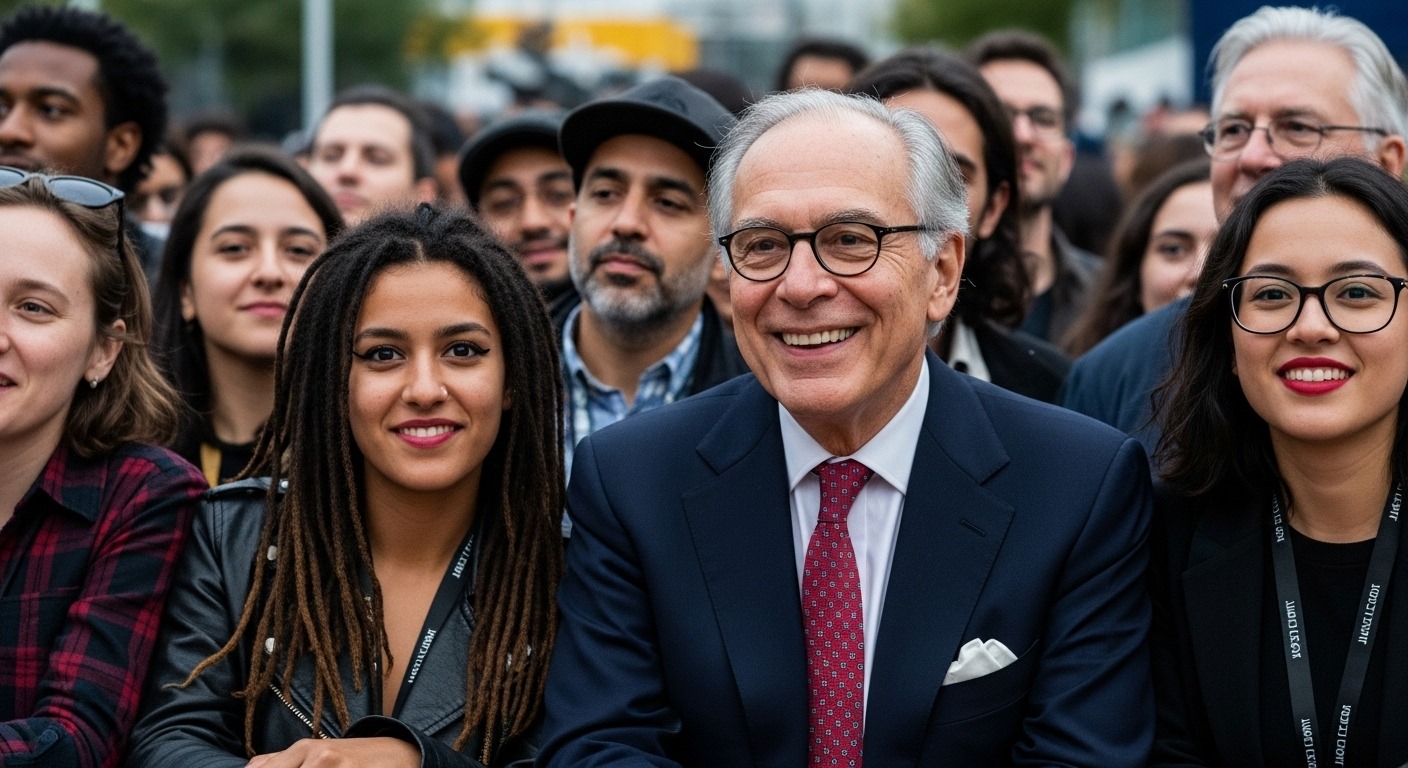Appearing in a documentary can be a unique and rewarding experience, but it can also raise ethical and financial questions. One of the most common questions people have is how much money they can expect to be paid for their appearance in a documentary.
While there is no one-size-fits-all answer to this question, there are several factors that can influence the amount of money a person is paid for their participation. In this response, we will explore some of the ethical considerations surrounding payment for documentary appearances, as well as some tips for conducting a successful documentary interview.
What is the average payment to appear in a documentary?
The average payment for appearing in a documentary can vary greatly depending on several factors: The length and prominence of the person’s role:
- Individuals who have a major, on-camera role in a documentary are typically paid more than those with minor or background roles. Lead subjects or experts may receive thousands of dollars, while incidental participants may receive only a few hundred dollars or a small honorarium.
The person’s level of fame or expertise:
- Well-known public figures, celebrities, or subject matter experts can often command higher fees to appear in a documentary, sometimes in the range of $5,000 to $20,000 or more.
- Lesser-known individuals or those without special expertise are typically paid less.
The documentary’s budget and production company:
- Documentaries produced by major networks or studios generally have larger budgets and can afford to pay participants more than independent or low-budget productions.
- Participants in documentaries made by non-profit organizations or on shoestring budgets may receive only a small stipend or no payment at all.
The location and duration of filming:
- Participants who must travel or be filmed over multiple days are usually paid more than those who are local and only filmed briefly.
So in summary, the average payment can range anywhere from a few hundred dollars to tens of thousands, with the most common range being $500 to $5,000 for a substantial on-camera role in a moderately budgeted documentary production. But there is no single “average” – it depends heavily on the specific circumstances.
What Types of Fees Are Involved?
When someone is asked to be a part of a documentary, there are several things that a person may need to consider. The first question that needs to be answered is what types of fees are involved?
There may be a production fee, airfare, hotel, and other miscellaneous costs.
Another question that should be asked is how much money will the person be paid for their appearance?
Who Pays for the Documentary?
The documentary film industry is booming. People are fascinated by the real-life stories that documentaries capture, and they are constantly looking for new films to watch.
This has led to an increase in the number of documentaries being made, and more people are appearing as subjects in these films. But who pays for these documentaries? How much money do you get paid to appear in a documentary?
The people who pay for documentaries vary depending on the type of documentary being made.
How much does HBO pay for documentaries?
A recent study by Forbes revealed that HBO pays an average of $2 million for documentaries. This is significantly more than networks like PBS and CNN, which typically pay around $100,000 to $250,000 for documentaries.
The high price tag is likely due to the fact that HBO has a large audience and a reputation for airing quality documentaries.
Acquisition process:
In order to acquire a documentary, HBO usually pays around $200,000. However, there have been cases where they have paid as much as $750,000 for a documentary.
The process of acquiring a documentary is not always simple, and it often depends on the availability of the film and the interest that HBO has in it.
The documentary is usually acquired after the film has been submitted to HBO. Once HBO decides it wants to acquire a documentary, it will negotiate with the production company to secure exclusive rights for a certain period of time.
Do HBO documentaries ever get theatrical releases?
In recent years, HBO has become a powerhouse in the documentary world. The network has been praised for its willingness to fund documentaries that often fall outside the mainstream. But how much money does HBO actually put into funding documentaries?
To answer this question, we first need to look at what qualifies as a documentary. The term can be broadly defined as a non-fiction film, but for the purpose of this article, we will focus on theatrical releases.
How do HBO documentaries get distributed?
HBO documentaries have been a staple of high-quality non-fiction filmmaking for over three decades.
The network has a reputation for backing films that are both artistically and journalistically ambitious, but how does a documentary get made and distributed by HBO?
In recent years, the network has increased its funding for documentaries, with some films costing up to $10 million to produce. However, that investment doesn’t always result in wide theatrical releases.
In summary: HBO.
What is the future of HBO documentaries?
HBO’s non-fiction programming has been the backbone of the network’s success.
The company is constantly looking for new ways to expand its documentary slate, and it recently announced a partnership with Participant Media, allowing them to distribute documentaries like “Bobby Fischer Against the World”.
How i got involved in this documentary?
I was initially approached by the director who had heard about my work in [relevant field]. They felt my expertise and experience would provide an interesting perspective for the documentary they were creating on [topic]. I was intrigued by the subject matter and impressed by the vision the director had for bringing this story to life, so I agreed to participate.
As someone passionate about topics related to documentary, I welcomed the opportunity to share my knowledge in the hopes it would educate and inspire viewers. Getting involved with this project also allowed me to raise awareness about an issue I care deeply about. Overall, it was a great chance to contribute to a production that aligned with my values.

I am a highly experienced film and media person who has a great deal to offer to like-minded individuals. Currently working on several exciting projects, I am a film and media practitioner for over a decade. I have achieved a great deal of success in my professional career.





